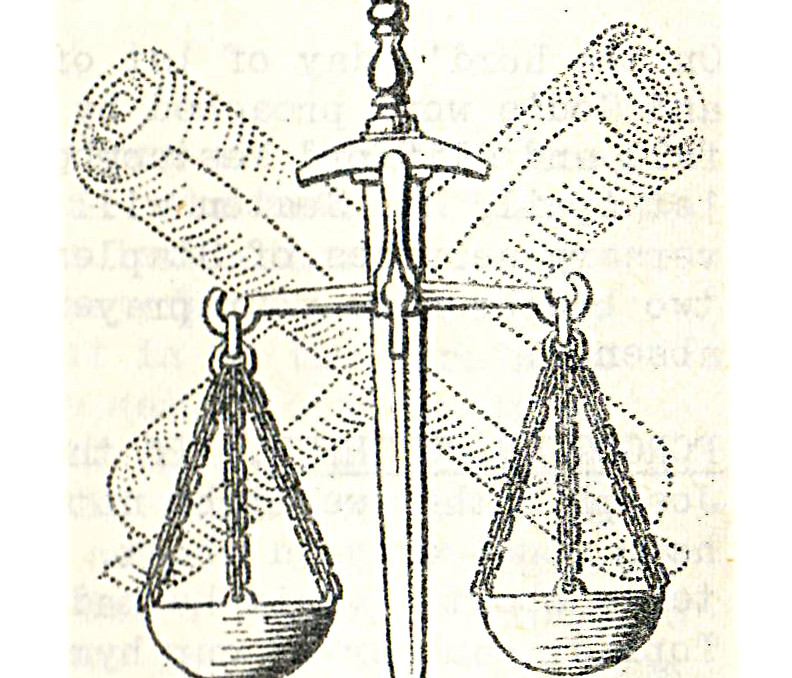The third verse of Psalm 103 – “Who forgiveth all thine iniquities; who healeth all thy diseases;” grants us one of those great verses of the Word of God setting out, both our Justification and our Sanctification side-by-side.
“Who forgiveth all thine iniquities:” that is Justification; “Who healeth all thy diseases:” that is Sanctification. The distinction between Justification and Sanctification is clearly and simply out-lined in the famous illustration of Robert Trail, 1696, and quoted by J.C. Ryle in his book on Holiness.
“Justification is an act of God about the state of a man’s person; but sanctification is the work of God about the nature of a man. Justification is an act of God as a judge about a delinquent, absolving him from a sentence of death; but sanctification is an act of God about us, as physician, in curing us of a mortal disease. There is a criminal that comes to the bar, and is arraigned for high treason; the same criminal has a mortal disease that he may die of, though there was no judge on the bench to pass the sentence of death upon him for his crime.
It is ‘an act of grace’ that absolves the man from the sentence of the law, that he shall not suffer death for his treason – that saves the man’s life. But notwithstanding this, unless his disease be cured, he may die quickly after. Therefore, justification is an act of God as a gracious Judge; sanctification is a work of God as a merciful Physician.”
